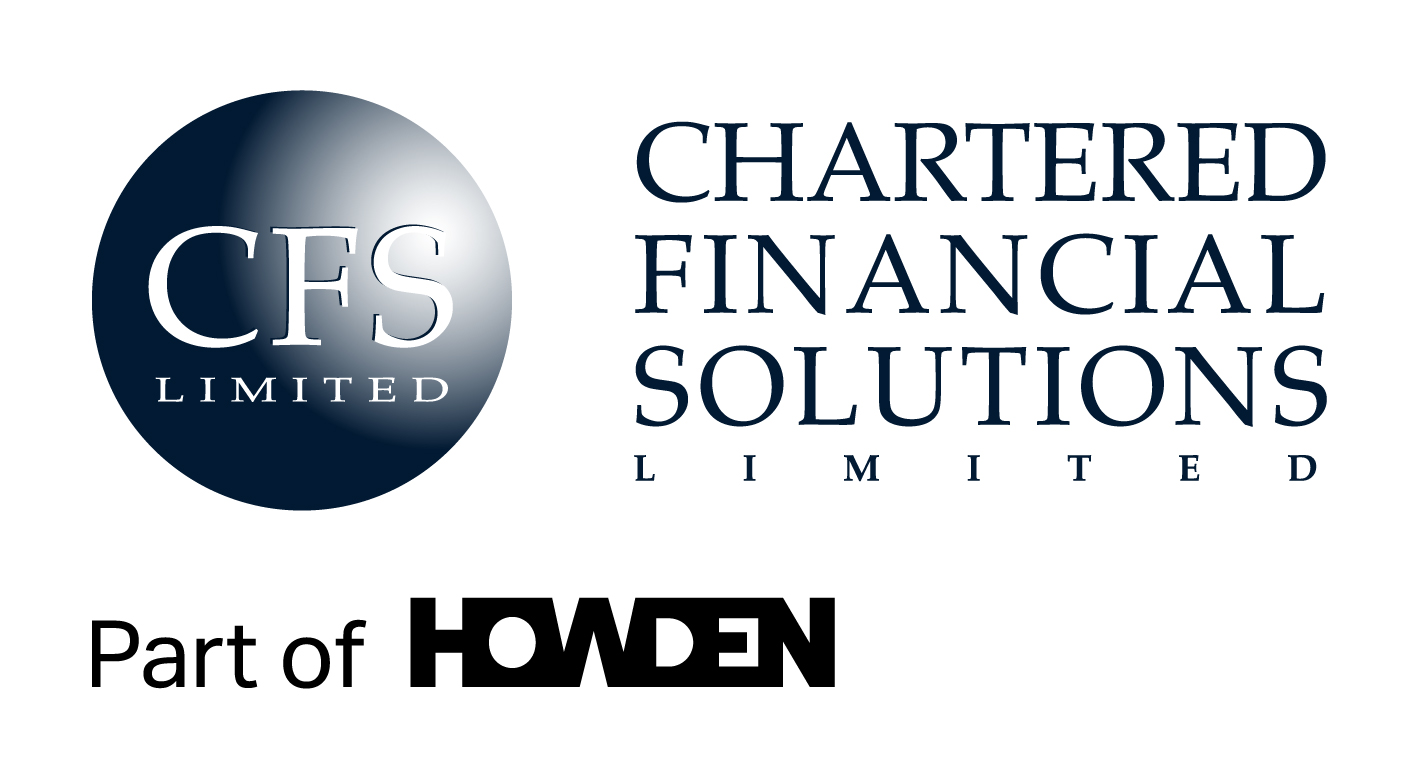Auto Enrolment – Guidance for Employers
As there has been lots of media coverage on the Irish Government’s proposed Auto Enrolment (AE) scheme recently, here is some guidance as to how the proposed scheme will impact employers in Ireland.
Background
After many years of procrastination, we are closer than ever to seeing AE implemented in Ireland. There are estimated to be some 750,000 employees in non-pensionable employment in the private sector, and successive governments have wrung their hands on this issue for years. We now have active legislation moving through the system, albeit slowly.
<Eligibility
As the legislation currently stands, the scheme will automatically enrol the following employees:
- Over age 23 and less than age 60.
- Income over €20,000 per annum.
- Not a member of an existing workplace pension scheme.
Contributions
Contributions will be as follows:

As you can see, the proposed contributions are relatively modest in the early years, ticking up every 3 years thereafter.
Income is likely to be capped at €80,000 per annum for funding purposes. Interestingly, member contributions will not be allowable for tax relief, which puts the scheme at a serious disadvantage to current structures (where tax relief of up to 40% applies). Employer contributions are likely to be allowable against corporation tax.
Investment of Funds
There will be a range of 4 fund options:
- A Conservative Portfolio
- A Moderate Portfolio
- A Higher Risk Portfolio
- A Default Portfolio
Four separate asset managers will be appointed by the state to manage the assets. The state has suggested an overall fund management fee of 0.5% will apply, but this remains to be clarified.
Implementation
The scheme will be administered by the state establishing a new body, the Central Processing Agency (CPA). It’s envisaged that the CPA will outsource much of the administration and asset management to third parties.
Existing Benefits & AE
The AE scheme will be completely separate from any existing private arrangements that an employer may have in place. In addition, employees wishing to make contributions in excess of the limits above will not be able to do so within the AE scheme. This is not an ideal outcome.
Employers will need to benchmark any existing arrangements they have in place against AE, and it may well be the case that they continue to run a private scheme in conjunction with the new AE scheme. For example, a scheme where the employer matches up to 5% of salary (a common structure here in Ireland) is currently far superior to the AE scheme for 9 years.
Summary
Overall, we are positive on the need for AE, as there is a huge cohort of employees who will be relying on the state pension alone, unless they make some private provision. Other jurisdictions such as Australia and New Zealand have established similar schemes many years ago, and they have proven successful
We are somewhat uncomfortable with governments taking on huge projects like this however. There are a massive amount of recurring transactions in any pension scheme, so the operational element of the scheme will be crucial.
What Employers need to do now
For now, nothing. Despite an aspirational start date of 1st January 2024, there is zero chance of this happening by then. It will most likely be closer to 2025 when the scheme goes live. Watch this space for further updates in due course.

